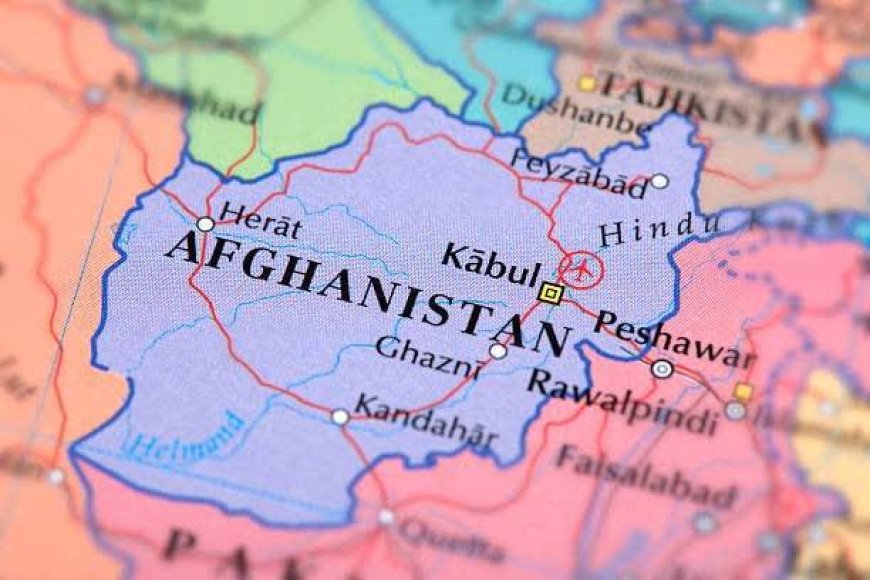Unveiling Afghanistan's Geopolitical Significance: The Ramifications of Political Shifts on Regional Dynamics and Border Security
Unveiling Afghanistan's Geopolitical Significance: The Ramifications of Political Shifts on Regional Dynamics and Border Security

Neighboring nations have consistently voiced concerns about border security since the Taliban assumed power in Afghanistan. The existence of intellectual and political rifts among high-ranking Taliban leaders has further intensified tensions within the country, exacerbating anxieties among neighboring states. Pakistan, in particular, has experienced significant border tensions with the Taliban, evident from a staggering 73% increase in terrorist attacks within its borders following the Taliban's rule in Afghanistan. Afghanistan's northern neighbors, including Tajikistan, have also bolstered border fortifications and expressed alarm over the potential transformation of Afghanistan into a hotbed for international terrorism.
Iran, another neighboring country, has not remained immune to border conflicts and tensions with Taliban border guards. The latest report from the United Nations Security Council verifies the growth and activities of terrorist groups in Afghanistan, with reported border tensions between Afghanistan and Pakistan, Iran, Tajikistan, Uzbekistan, and Turkmenistan. In nearly 99% of these incidents, the Taliban has been identified as the instigator.
The consequences of escalating border tensions in Afghanistan are multifaceted. Foremost, the Afghan people bear the brunt of the conflict between the Taliban and its neighbors. The prevailing conditions, characterized by inflation, poverty, high unemployment rates, and the presence of millions of Afghan refugees in neighboring countries, have already burdened Afghan society. The Taliban's confrontations with neighboring states will only exacerbate these challenges, resulting in direct harm and public resentment towards the Taliban government within Afghanistan.
Furthermore, the long-term effects of border tensions are deeply concerning. Given Afghanistan's protracted history of conflict, such tensions pose a significant risk to the country's future. Potential consequences include the identification of the Afghan conflict as a civil war, an upsurge in terrorist activities, the potential disintegration of Afghanistan, the incapacitation of political, economic, and social institutions, transforming the nation into a proxy battleground for regional and global powers, and triggering a new wave of migration with detrimental repercussions for host communities.
These circumstances exert internal pressure on the Taliban government, as it contends with opposition from various political and military factions. Moreover, the risk of absolute isolation in the region looms large. Foreign countries are unlikely to establish stable political relations with the Taliban government, except for short-lived and self-serving interests. Consequently, this complex situation significantly impacts the political future of the Taliban.













































